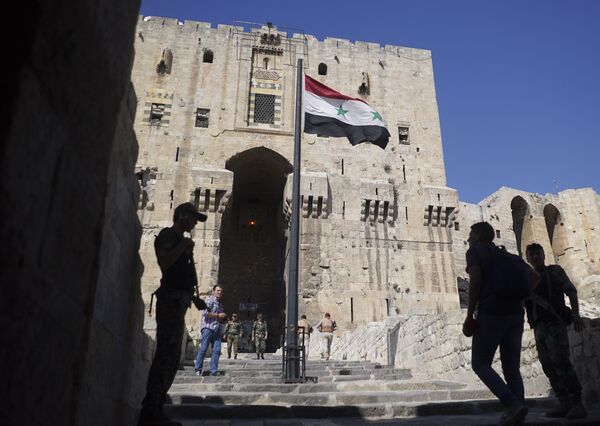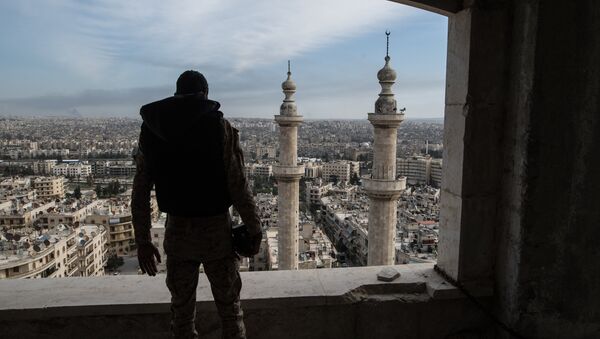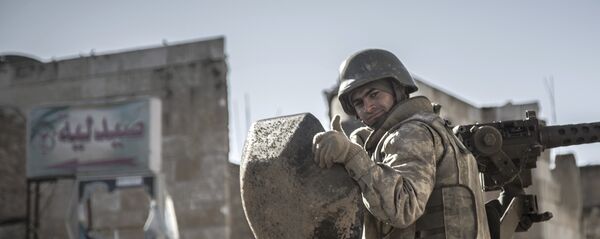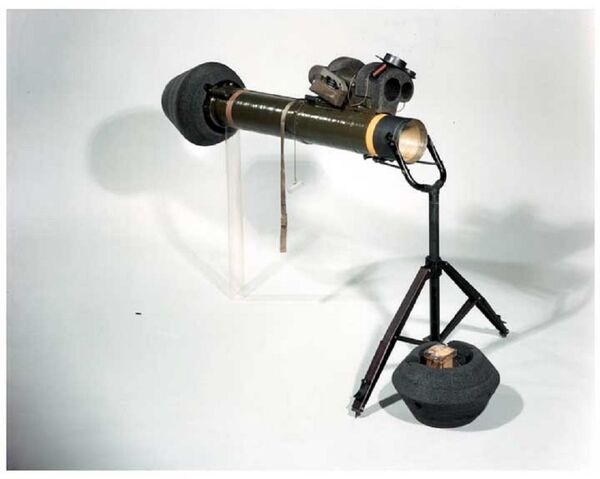According to Russia's RIA Novosti, the Russian servicemen were deployed to the area ahead of a regular delivery of humanitarian aid. In one of Sahur's residential blocks, their column was stopped by local elders, who reported that militants and their commanders had lived in a nearby building.
"There were some sort of machines in the houses, powders in bags," local resident Adan Aisa told the soldiers. "We're afraid that this may be explosives; they used to make their bombs here. Could your soldiers please check it out?"
Resident Shaban Mavas told RIA Novosti's correspondent that before the terrorists arrived in Sahur, he operated a locksmith's workshop. "When Daesh came, they drove us out of here. I don't know what they were doing here, but judging by what I saw when I returned, they were making weapons here to kill us and destroy our homes," he said.
Among the buildings, the Russian military police also found a large collection of notebooks with various literature believed to have been used by the terrorists. The papers included instructions on how to operate the M47 Dragon, an American shoulder-fired man-portable anti-tank missile system.
Alexander Khargel, officer in charge of the Russian military police unit, said that locals had told him and his men that locals had disappeared in their neighborhood while it was under the control of the terrorists. "For this reason, we checked everything carefully," he said. "There are now only traces of the Daesh armed bandits. Nothing else that's dangerous remains."
A bomb unit and Syrian special services were deployed to the neighborhood, removing the dangerous materials, and allowing residents to move back into their homes. According to Russian military police, the local population appeals to them for help on a regular basis.

Russian military police began to be deployed in Aleppo in December 2016 and February 2017 to help maintain order and protect other Russian military personnel, including the sappers sweeping the city for mines. Several battalions of Russian military police are also deployed in Syria's four de-escalation zones, helping to maintain the ceasefire between the Syrian government and non-jihadist rebel forces while they make progress on reaching a permanent settlement.



